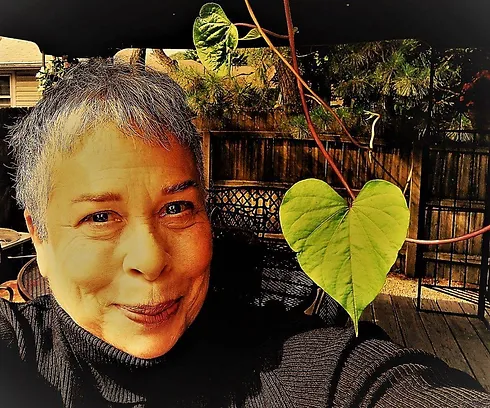
The Mullica Hill library will host the presentation Real Housewives of NJ: Early-American Women and Their Kitchen Garden at 6:30 p.m. on Thursday.
The free discussion will focus on how women in New Jersey’s Colonial days helped feed the rest of America with their kitchen gardens. The event – made possible from a grant by the state’s Council on the Humanities – will feature gardening historian Lesley Parness.
“Kitchen gardens in the 1700s fed, healed and clothed early-American families,” said the library’s head of adult services, Andrew Brenza. “The 18th-century ‘huswife’ skill set included ‘physicke, cookery, distillation, perfumery, the making of wool, hemp, flax, dayries, brewing, baking and, of course, gardening.
“Growing plants both Native American and from their homelands, these women turned their soup pots into the ‘melting pot’ that is America,” he added, “and exemplified all the best qualities of plants women and patriots.”
Parness is a plant lover who’s worked in botanic gardens and museums around the globe for decades.
“For the past five decades, travel, academic studies and work have provided a rewarding context for my love of plants,” she notes on her website.
Parness had a long career in museums and botanic gardens around the world, then retired from her final post as superintendent of horticultural education at New Jersey’s Morris County Park Commission, where she oversaw programming and interpretation for two arboretums and an outdoor education center.
Parness is currently a member of the Herb Society of America and the Council on Horticultural and Botanical Libraries, and is a founder and past president of the Garden State Gardens.
The township library has a garden of its own that guests can see during scheduled tours; dates have yet to be established.
Parness’ presentation – available in person or online – requires registration through the GCLS website or through Zoom.
“The range of gardening topics offered is wide, but the lens is narrow,” Parness noted. “Liberated from socio-economic and geopolitical constraints, we’ll be free to think solely about plants – our silent, sentient partners in the green history of the world.”









